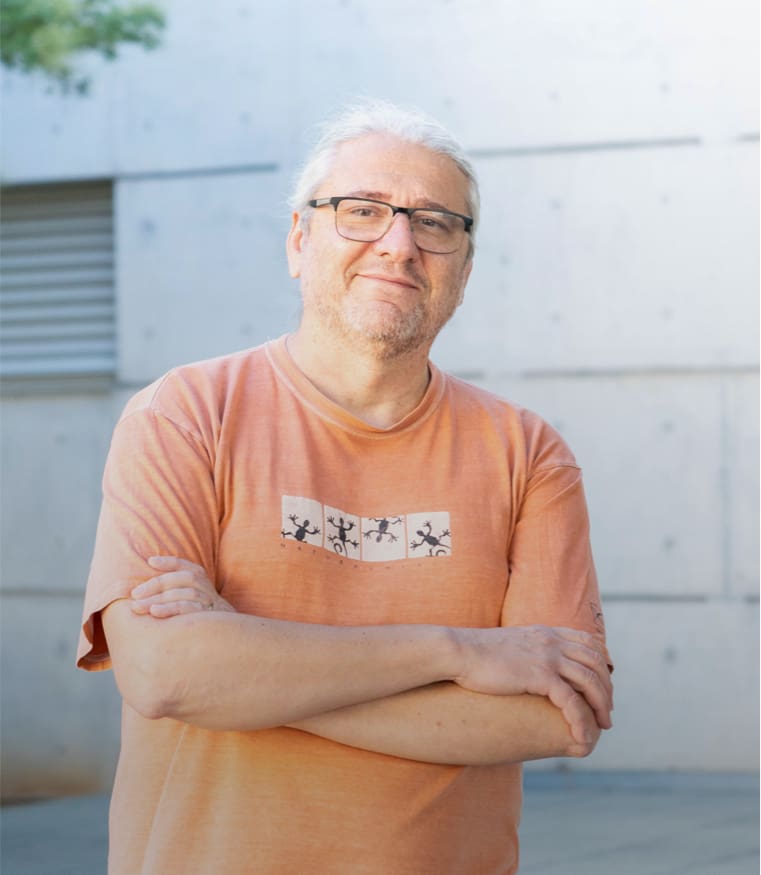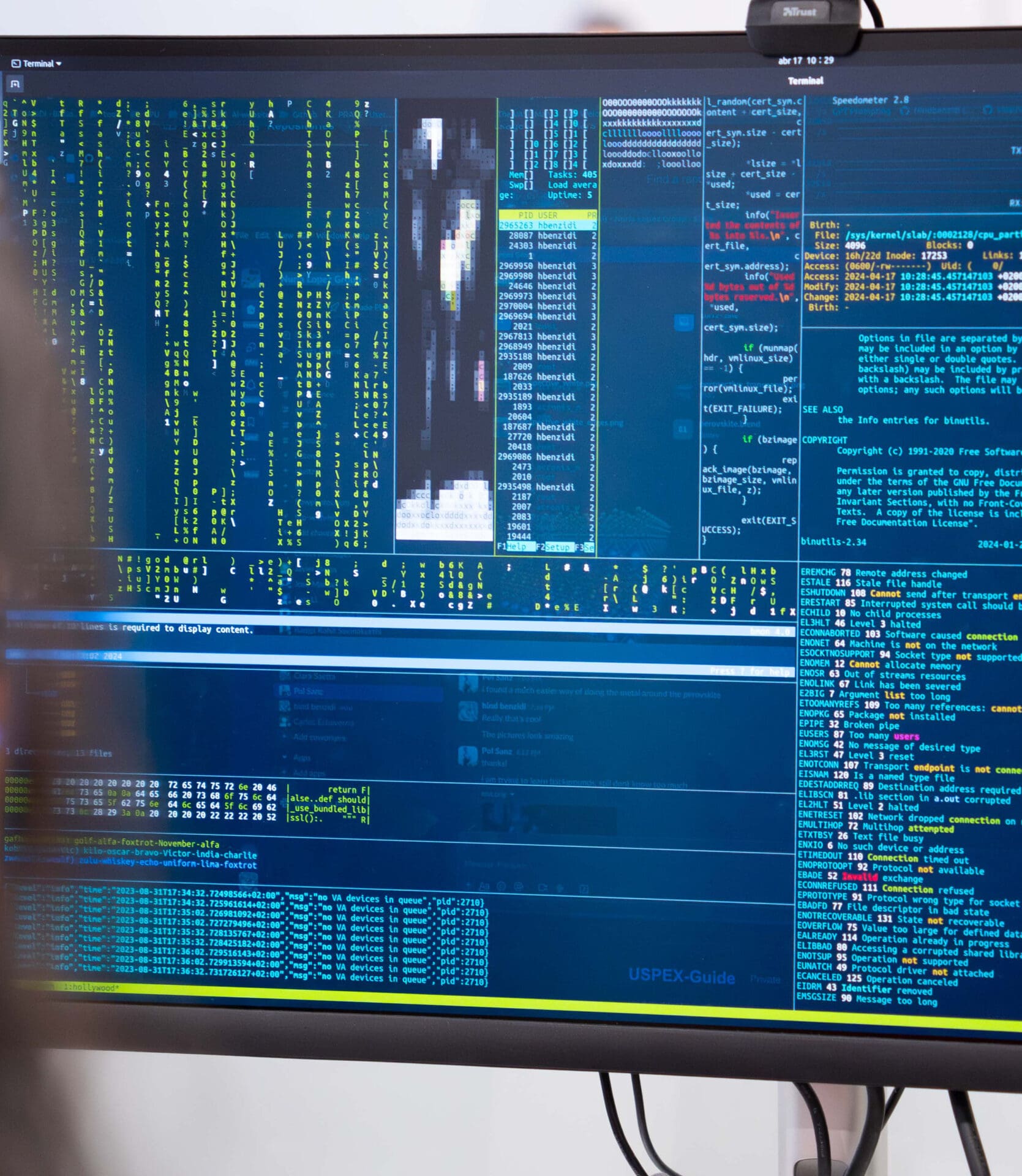Cobalt Hexacyanoferrate on BiVO₄ Photoanodes for Robust Water Splitting
The efficient integration of photoactive and catalytic materials is key to promote photoelectrochemical water splitting as a sustainable energy technology built on solar power. Here, we report highly stable water splitting photoanodes from BiVO4 photoactive cores decorated with CoFe Prussian blue-type electrocatalysts (CoFe-PB). This combination decreases the onset potential of BiVO4 by 0.8 V (down to 0.3 V vs RHE) and increases the photovoltage by 0.45 V. The presence of the catalyst also leads to a remarkable six-fold enhancement of the photocurrent at 1.23 V vs RHE, while keeping the light harvesting ability of BiVO4. Structural and mechanistic studies indicate that CoFe-PB effectively acts as a true catalyst on BiVO4 although suppression of surface recombination at the semiconductor/liquid interface cannot be ruled out at this stage. This mechanism, stemming from the adequate alignment of the energy levels, as showed by DFT calculations, allows CoFe-PB to outperform all previous catalyst/BiVO4 junctions and, in addition, leads to noteworthy long term stability. A bare 10-15% decrease in photocurrent was observed after more than 50 hours of operation under light irradiation.

F. Hegner, I. Herraiz-Cardona, D. Cardenas-Morcoso, N. Lopez, J.R. Galan-Mascaros, S. Gimenez
ACS Appl. Mater. Interfaces 2017, 9, (43), 37671-37681
DOI:
10.1021/acsami.7b09449
Associated ICIQ research group/s:
-
RESEARCH GROUP/S
Prof. J.R. Galán-Mascarós
-
RESEARCH GROUP/S
Prof. Núria López

Let's create a brighter future
Join our team to work with renowned researchers, tackle groundbreaking
projects and contribute to meaningful scientific advancements




















